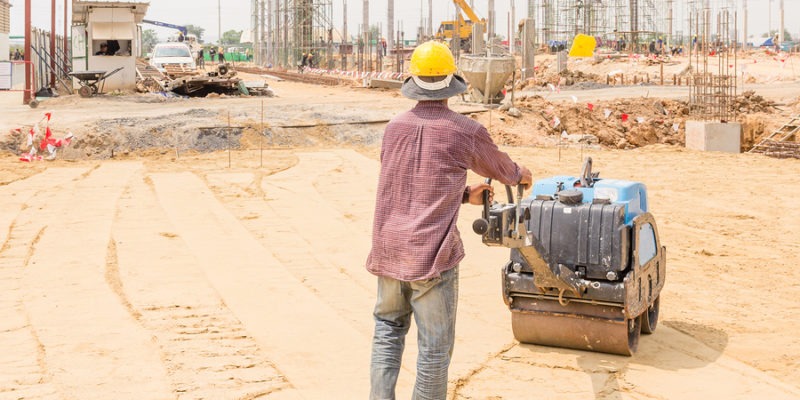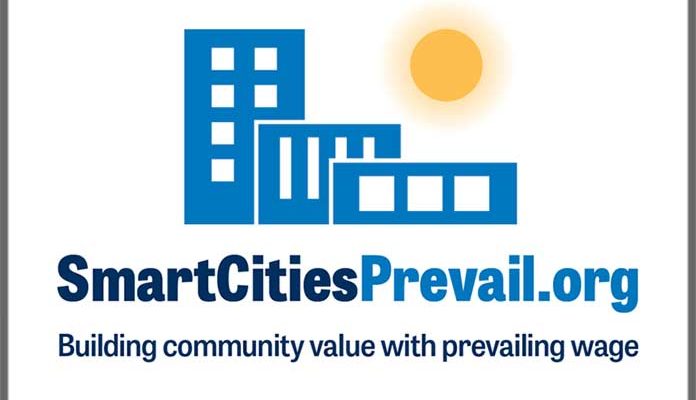Wage and safety bills would incentivize union labor, but critics fear higher price tag.
By Jeff Coltin
JANUARY 8, 2019
New York City Councilman Ben Kallos is reintroducing a stalled bill that would require all construction workers to get paid the prevailing wage on any projects getting city subsidies.
Under state law, any project built under a government contract must pay workers the prevailing wage. Kallos’ bill would cast a much wider net, mandating the prevailing wage for not just direct government contracts, but for any projects getting grants, bond financing, tax abatements or any other sort of support valued over $1 million from the New York City government.
“The same rules should apply when the city is doing the work directly or when they’re subsidizing somebody else to do the work,” the Manhattan lawmaker told City & State.
…
Critics like the Real Estate Board of New York, which represents developers, have spent heavily in the past to oppose efforts to expand the prevailing wage requirements, claiming higher labor costs would discourage private developers from building affordable housing.
Kallos countered that paying workers less than prevailing wage actually makes the affordable housing crisis worse by creating demand for housing at deeper levels of affordability.
“I’m disappointed to learn even the construction workers can’t afford the affordable housing that they are building,” he said.









